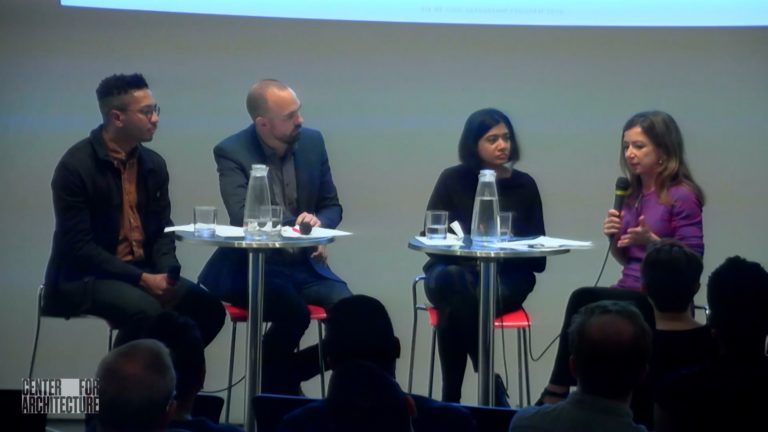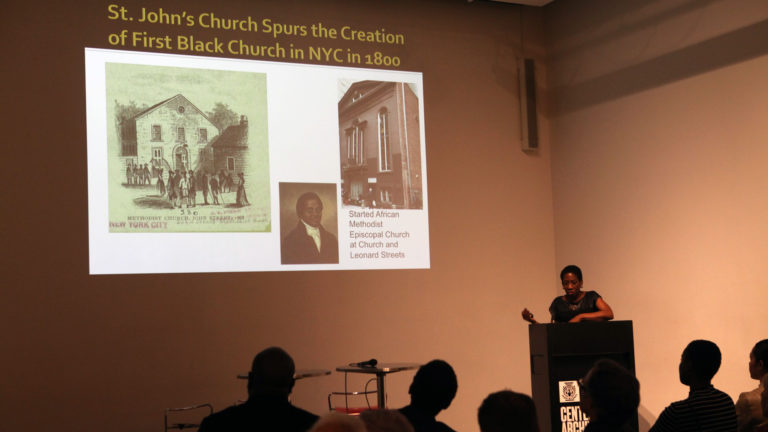Traditionally, the planner and architect are seldom seen as advocates for the urban poor, especially with the ongoing competition for so-called starchitects to produce “iconic” buildings for a global market; but the tone of architecture culture has changed.
This panel will focus on the intersection between activism and architecture by emphasizing the architect-as-activist as an agent for driving the development of places worth living in. Panelists will discuss how architects and planners, together with social activists, have begun to work with marginalized groups in cities to design alternatives for new urban renewal projects. In a city like New York with a long history of social activism, architects and planners increasingly play an important role in shaping the community and bringing underrepresented and sometimes opposing ideals and voices to the foreground.
Under what conditions has activism challenged the culture of architectural education and practice? Which areas remain unchallenged? How has the design field risen to meet different social agendas? The luminaries and new voices on this event’s panel will address these questions, connecting historic events to the evolution of the field and design practices of the time.
Andrea J. Merrett, PhD Candidate, Columbia University; Co-Curator, Architexx’s Now What?! Advocacy, Activism, and Allies in American Architecture Since 1968
Daphne Lundi, Urban Planner. NYC Department of City Planning; Vice Chair, APA New York Metro Chapter Diversity Committee
Jae Shin, Designer and Partner, Hector
Cindy McLaughlin, CEO, Envelope
Moderator:
Melissa Marsh, Co-Chair and Co-Founder, AIANY Social Science and Architecture Committee
Organized by:
AIANY Social Science and Architecture Committee



